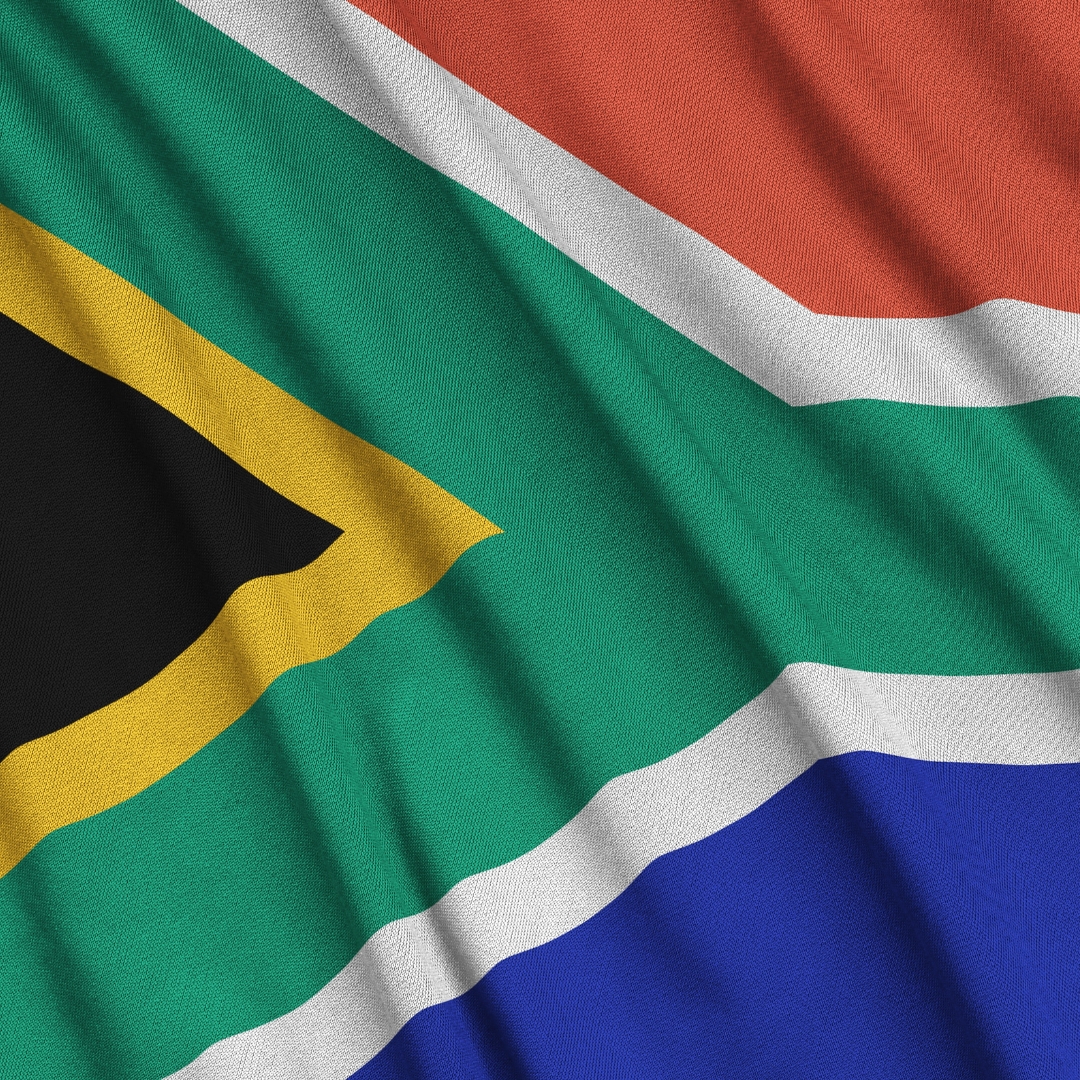Dr Schreiber shared, that according to research by National Treasury, attracting more skilled workers is the second-most powerful intervention that can stimulate economic growth in South Africa. Highlighted that where we are able to attract 11,000 more skills per annum, currently we attract between 4,500 and 5,000 skills, we can triple GDP growth from current level of 0.6% to 1,8%.
With partnerships from major global players like China and India, boosting tourism by 10% over the next year will add a further 0.6% to GDP growth.
For South Africa to achieve its economic ambitions, the Department of Home Affairs must play an enabling role, especially in areas that intersect with immigration and civil services. Unfortunately, the Department’s administration has long been marred by inefficiency and corruption, largely due to outdated manual processes.
These inefficiencies not only stifle economic growth but also delay services that are critical to national security and civic dignity.
In a press release issued on 17 September 2024, the Minister outlined his bold vision for transforming the Department of Home Affairs. The Minister emphasized the critical role the department will play in driving South Africa’s economic growth through modernisation, digital transformation, and improved efficiency. He presented a forward-thinking plan to digitize services, streamline processes, and reduce inefficiencies.
Key takeaways from the Minister’s address include:
1. The Problem of Administration
Currently, the Department of Home Affairs is a decade behind in terms of administrative modernization. Its reliance on paper-based systems has not only hindered service delivery but also created opportunities for fraud and mismanagement. This outdated approach must be brought in line with global trends, where automation and digital transformation have revolutionized service delivery and enhanced transparency.
The department’s inefficiency has serious economic implications. Whether it’s visa applications for skilled workers, business investors, or tourists, long delays and self-created bottlenecks, it has severely hampered economic activity. As a result, South Africa risks losing out on significant investment and talent, which are crucial for economic growth.
2. A Vision for a Digital-First Department
A bold vision outlined by the Minister, is one where the Department of Home Affairs is no longer seen as a bureaucratic burden, but as a catalyst for economic growth. Central to this transformation is the concept of a “digital-first” Home Affairs. The department aims to automate and digitalise every process, from civic services to visa adjudication, eliminating inefficiencies and a platform for corruption.
One of the cornerstones of this transformation is the introduction of “Home Affairs from home.” This initiative aims to allow South Africans to apply for ID’s, passports, and other essential documents online, using secure biometric technology. The entire process, from application to delivery, will be digitalised, reducing the need for individuals to physically visit Home Affairs offices. This will not only save time but will also free up resources to better serve those without access to digital tools, such as rural and impoverished communities.
3. Visa Processing: A Key to Economic Growth
In the area of immigration, the digitalisation of the visa adjudication process is critical. With South Africa aiming to attract more skilled workers, tourists, and investors, a streamlined visa process is essential. The goal is to create a system where visa applications are processed by an automated risk engine, using the latest in machine learning technology. This will allow legitimate applications to be approved almost instantly, with visas being issued digitally and stored directly in applicants’ digital wallets.
Such a system would eliminate bias and human error in the process, reducing the opportunities for fraud and baseless rejections. It would also allow for more robust cross-referencing of information, further enhancing national security. By embracing this approach, the Department of Home Affairs could not only speed up visa processing but also play a vital role in South Africa’s broader economic strategy.
4. Charting the path forward
The transformation of the Department of Home Affairs is ambitious, but it is entirely achievable. The newly appointed Minister has already made significant strides in clearing the visa backlog that once stood at over 306,000. In just a few short months, more than 56% of this backlog has been cleared, showing the department’s capacity for change.
New regulations on Remote Work Visas and the implementation of a Points-based immigration system are also on the horizon, promising to make South Africa an attractive destination for global talent. Additionally, the Trusted Tour Operator Scheme, set to launch in January next year, will further open the door to the lucrative Chinese and Indian tourism markets.
The modernisation of the Department of Home Affairs is not just about making the department more efficient, it’s about turning it into a powerful enabler of economic growth. By embracing automation and digitization, the Department of Home Affairs can unlock opportunities for South Africa, from attracting skilled workers to increasing tourism.
With continued commitment, this vision of a world-class Department of Home Affairs is within reach, setting the stage for South Africa’s best economic days to come.



